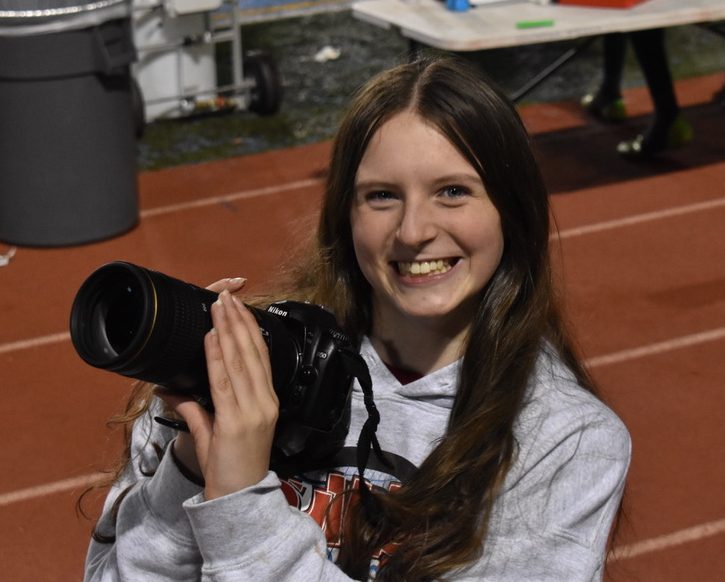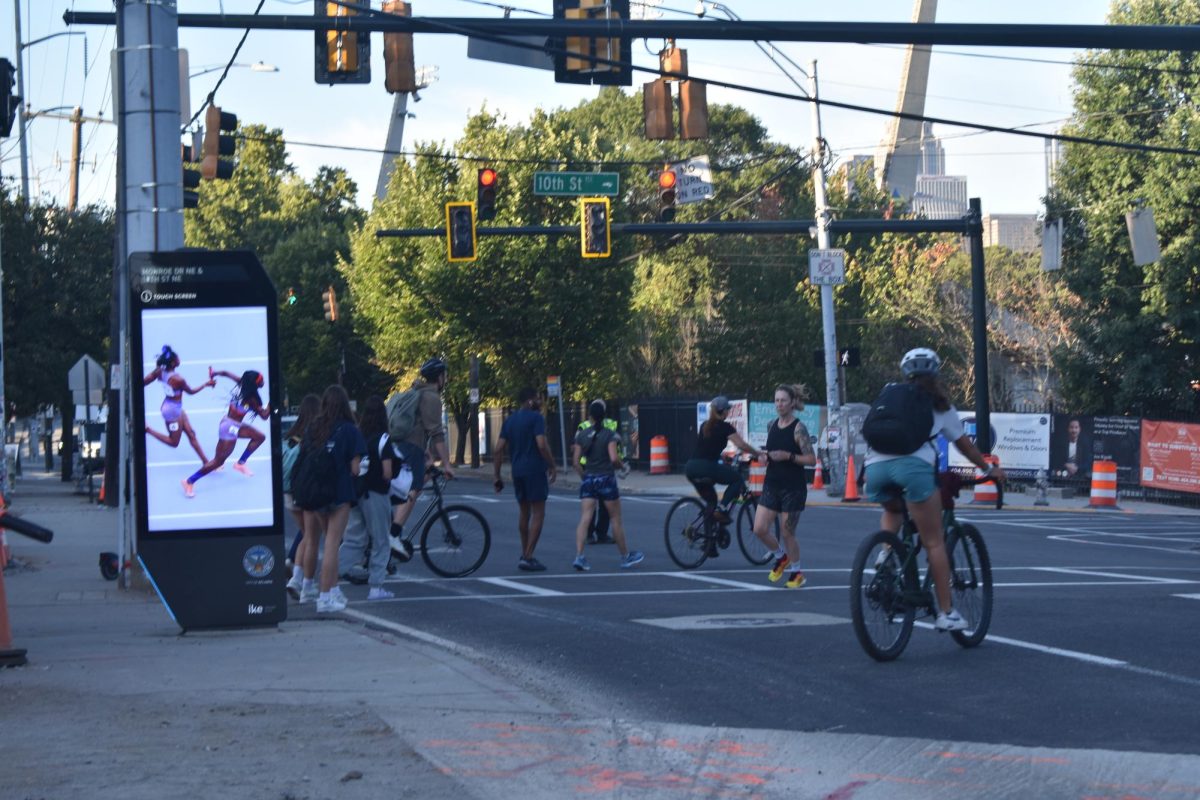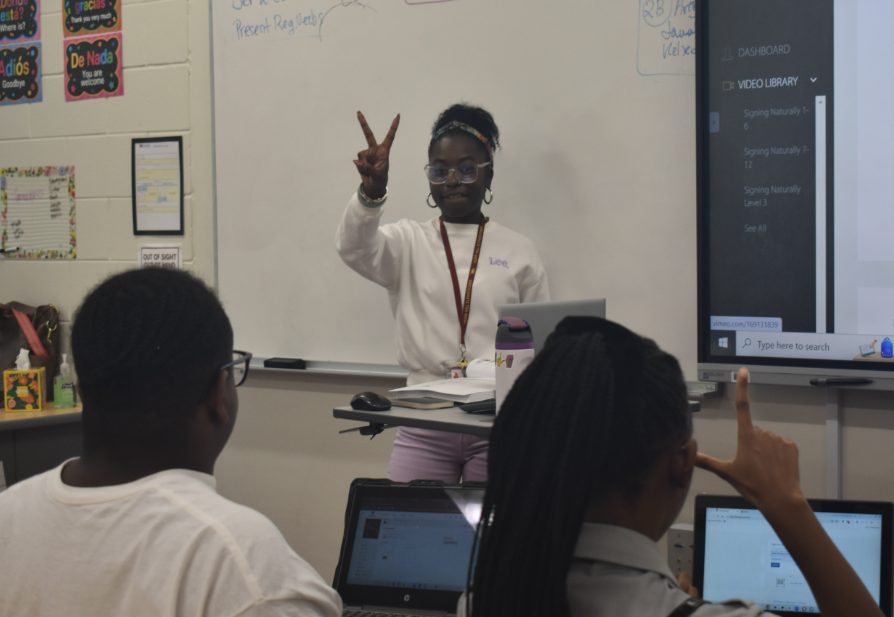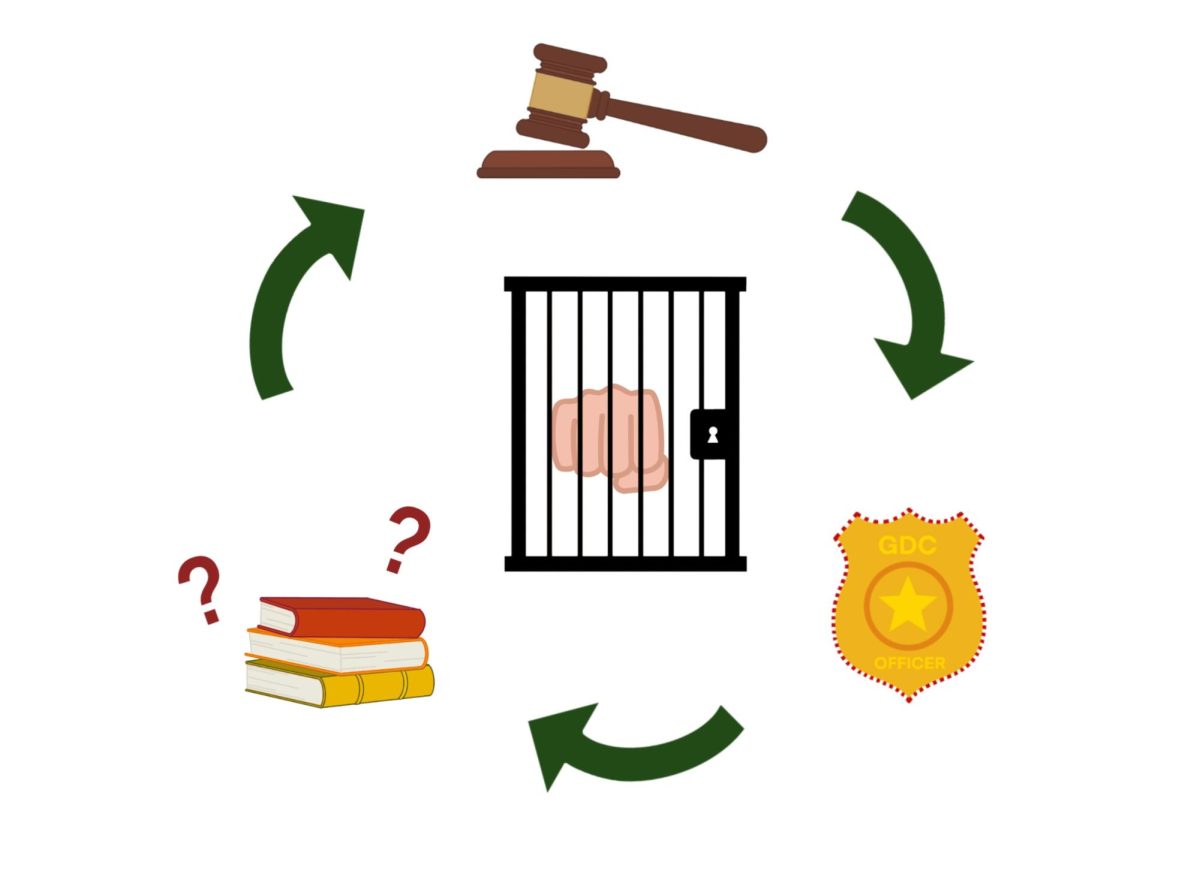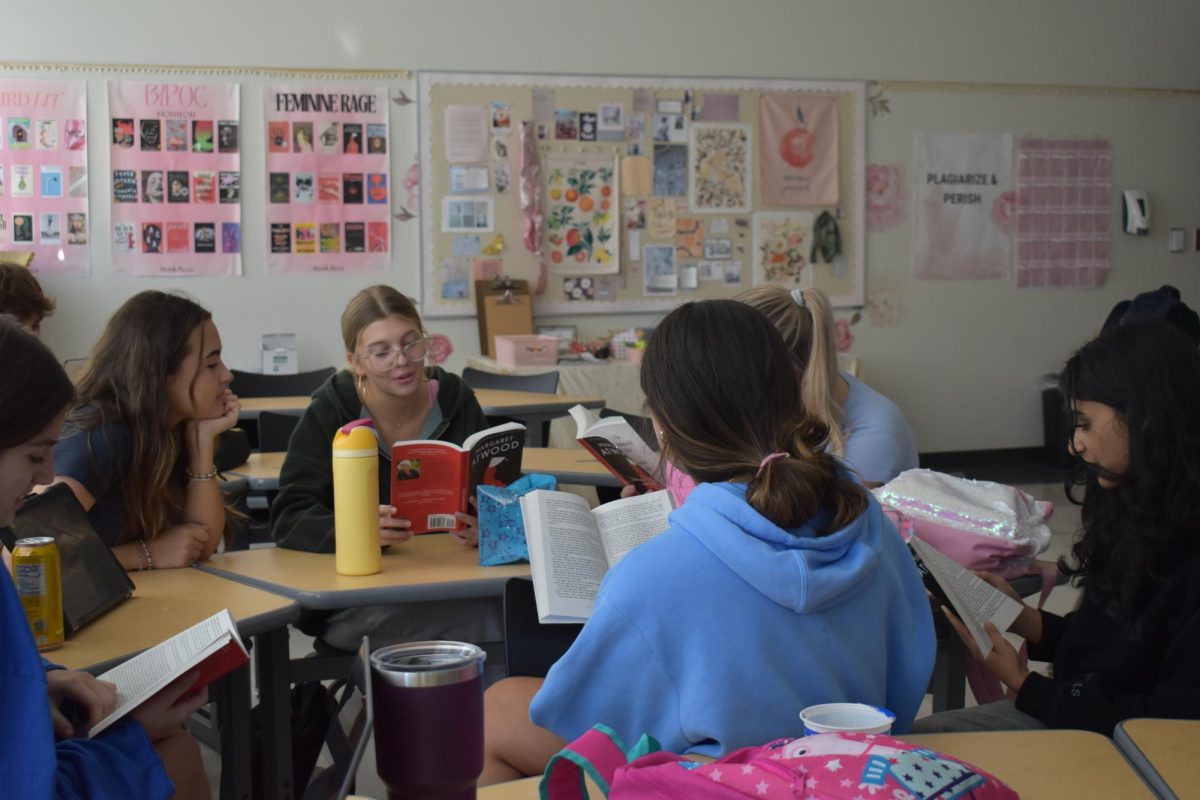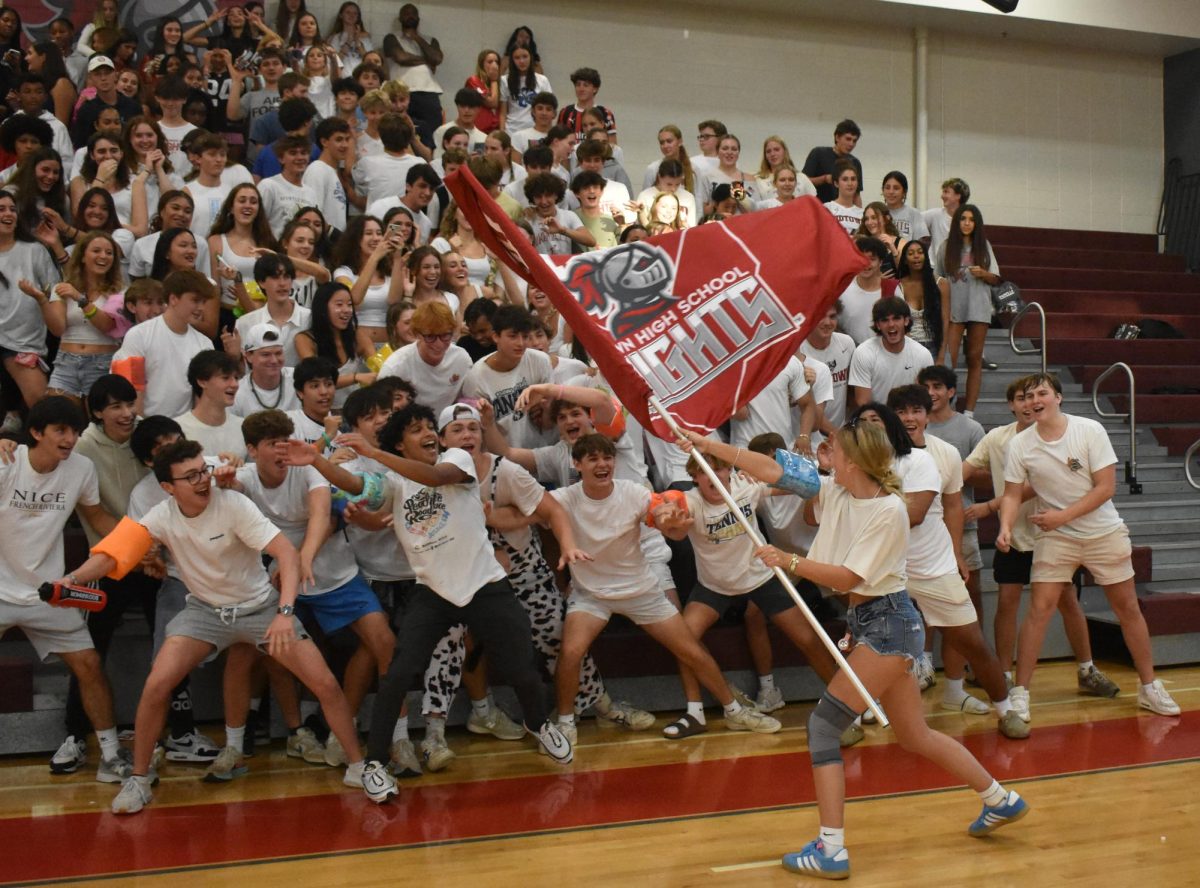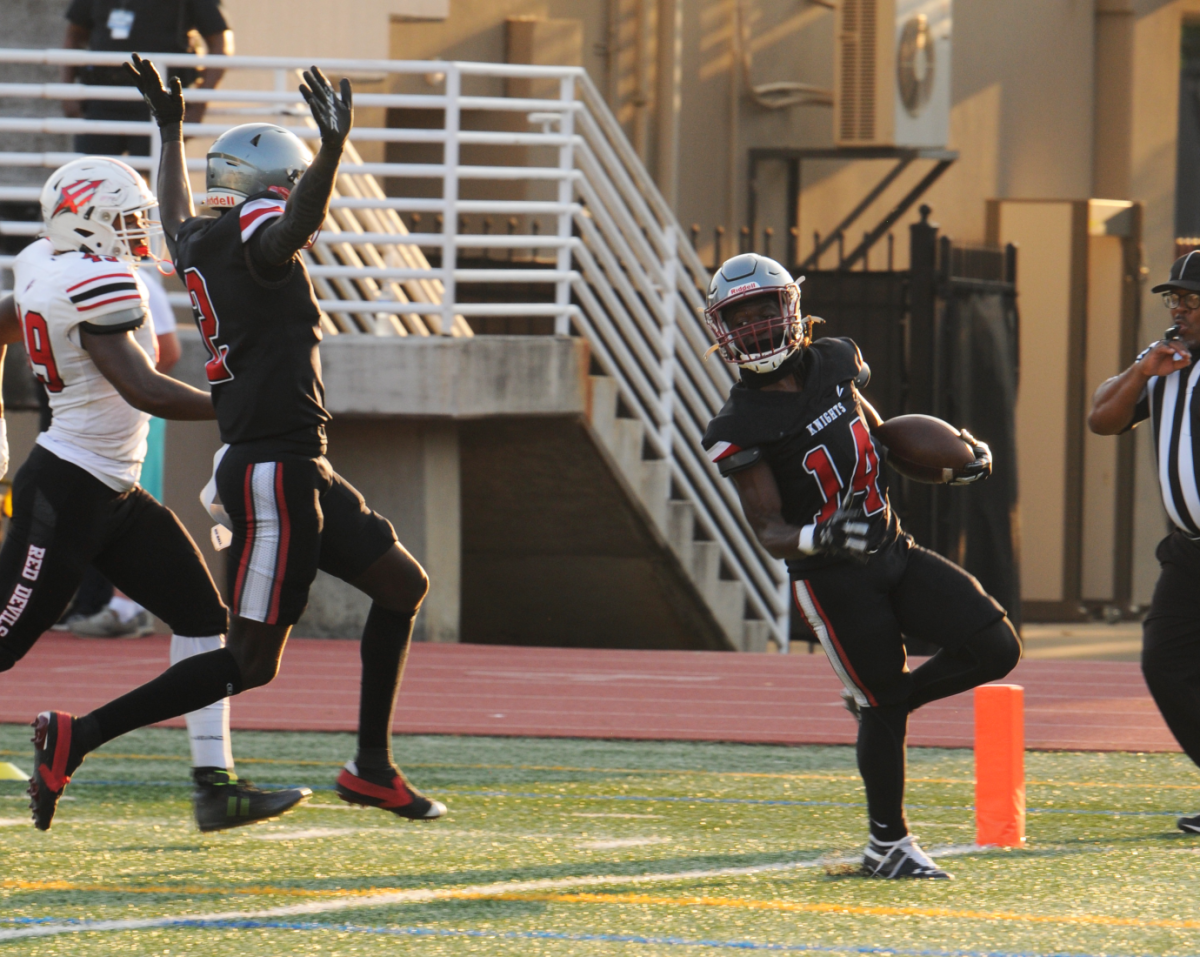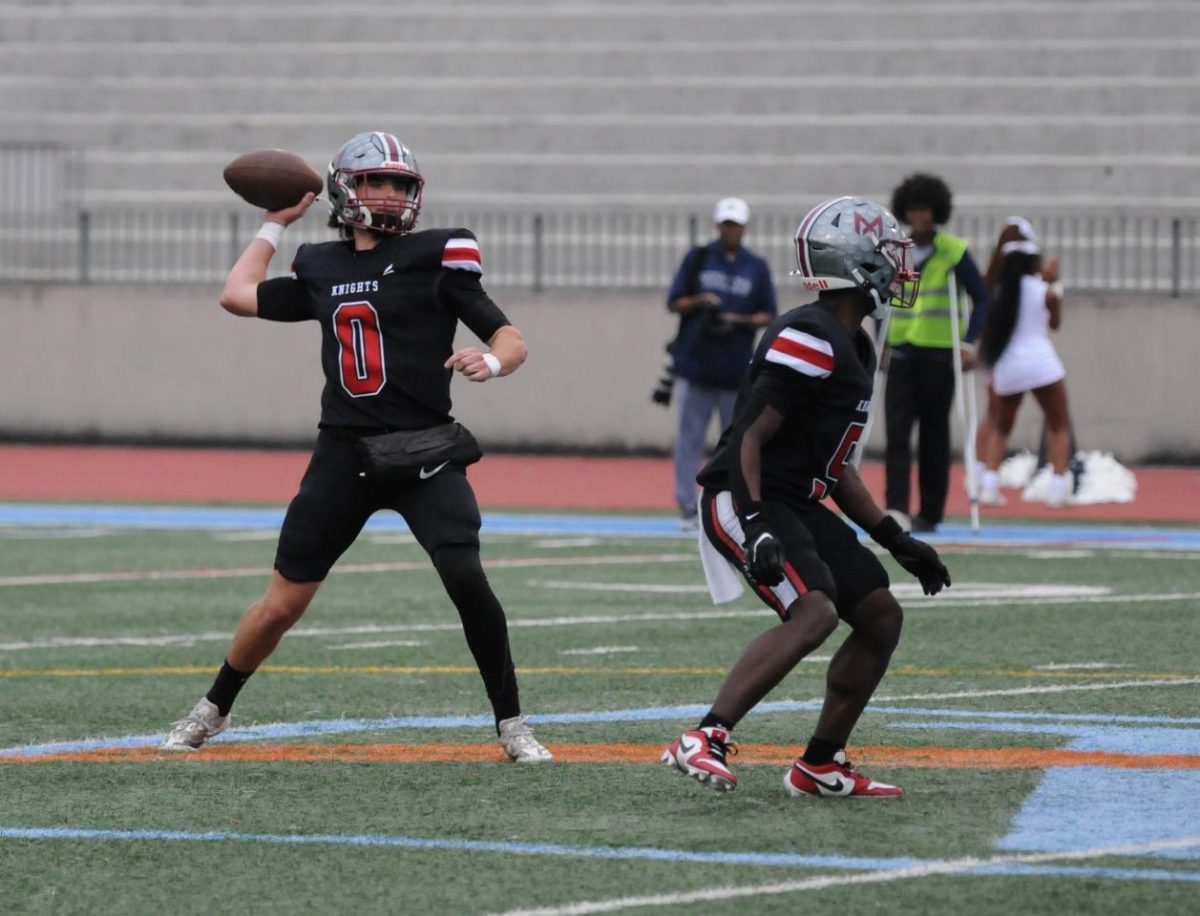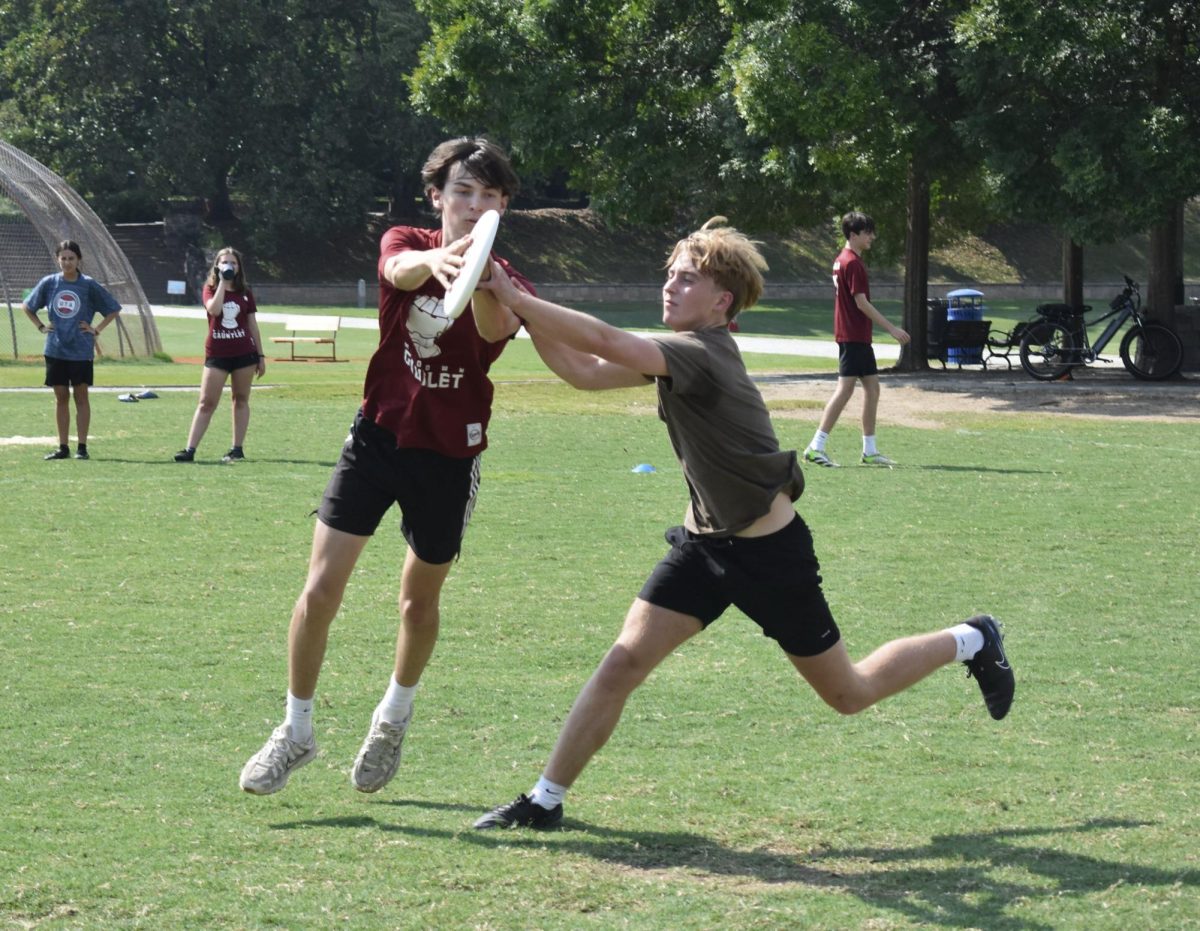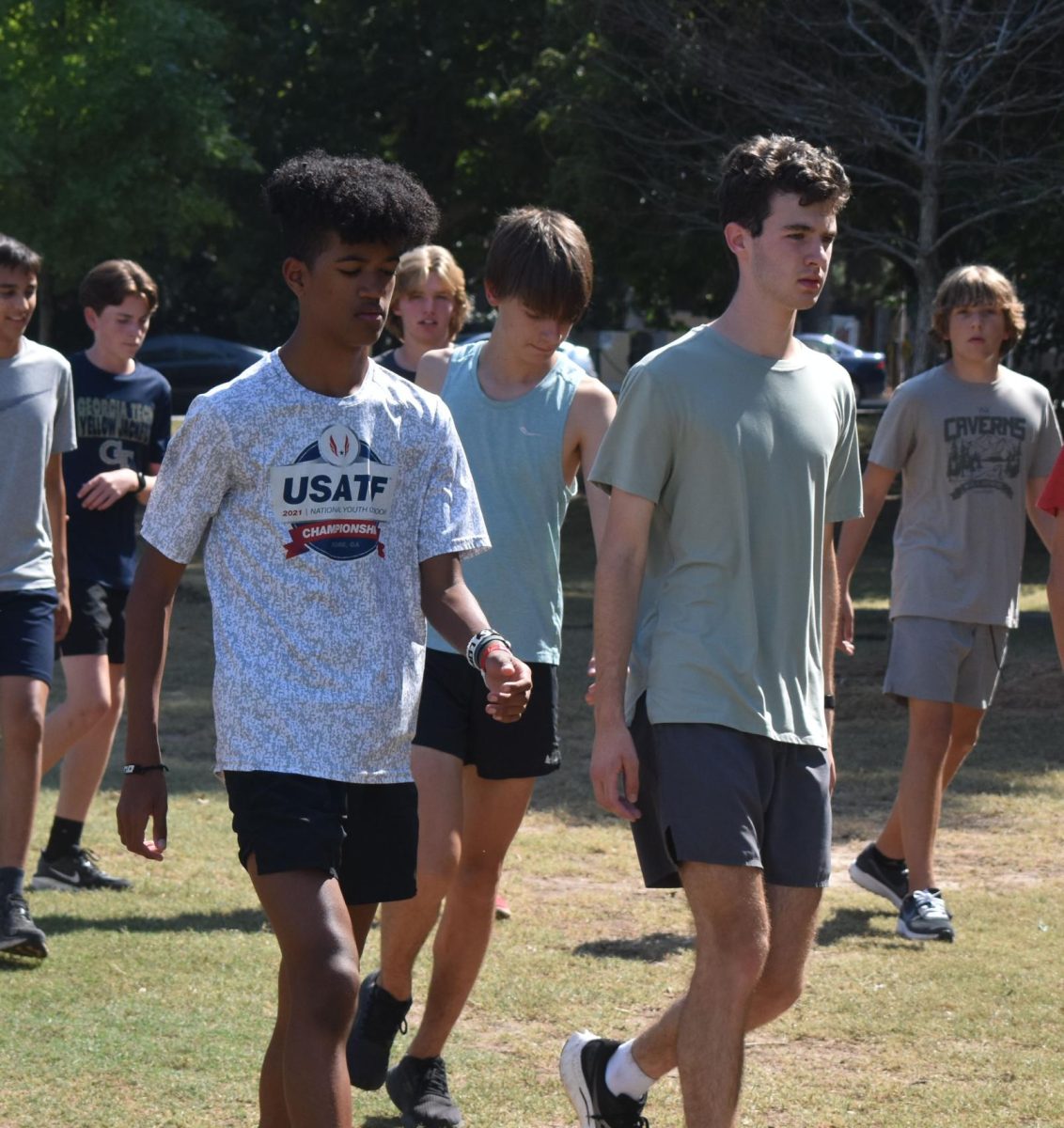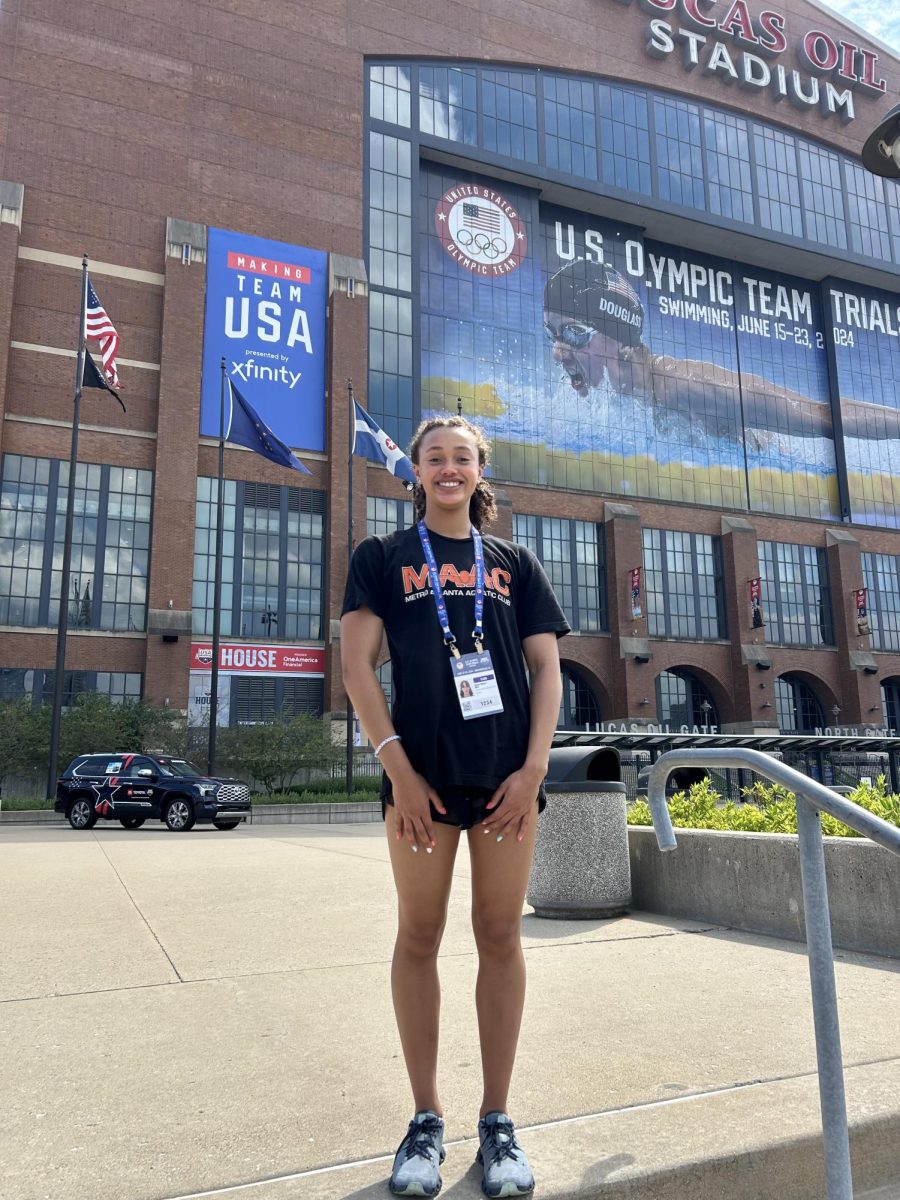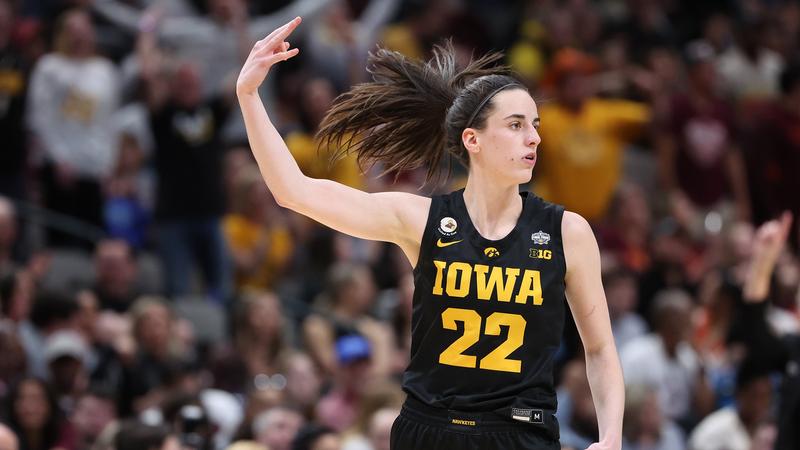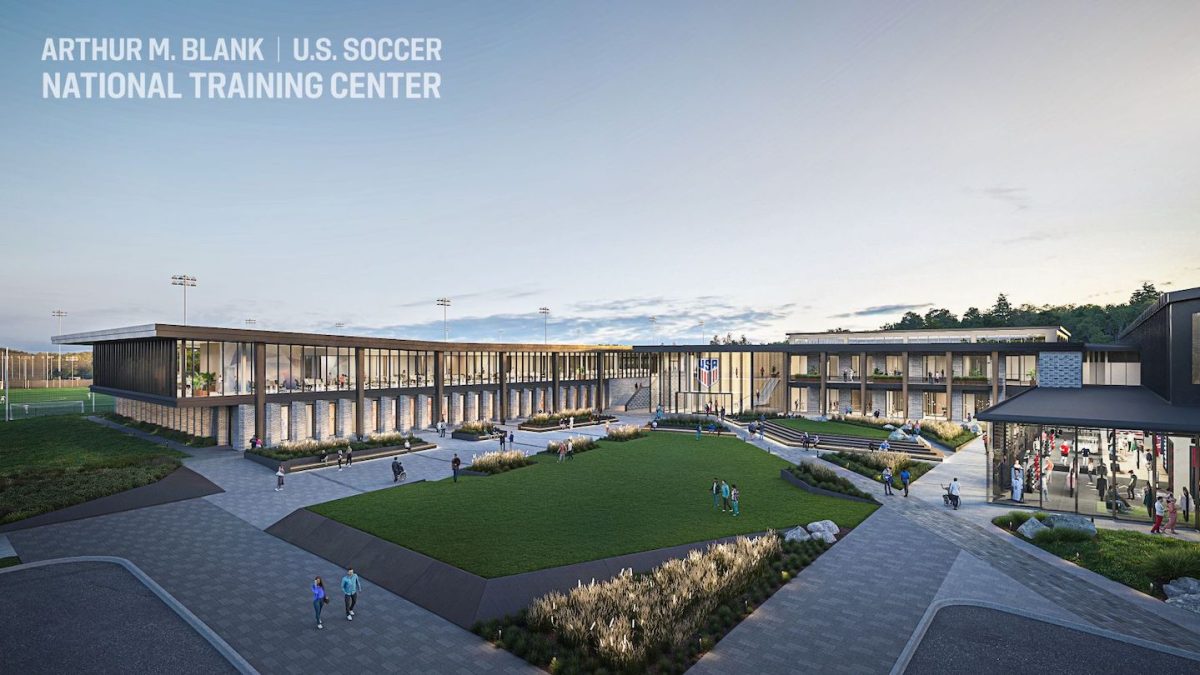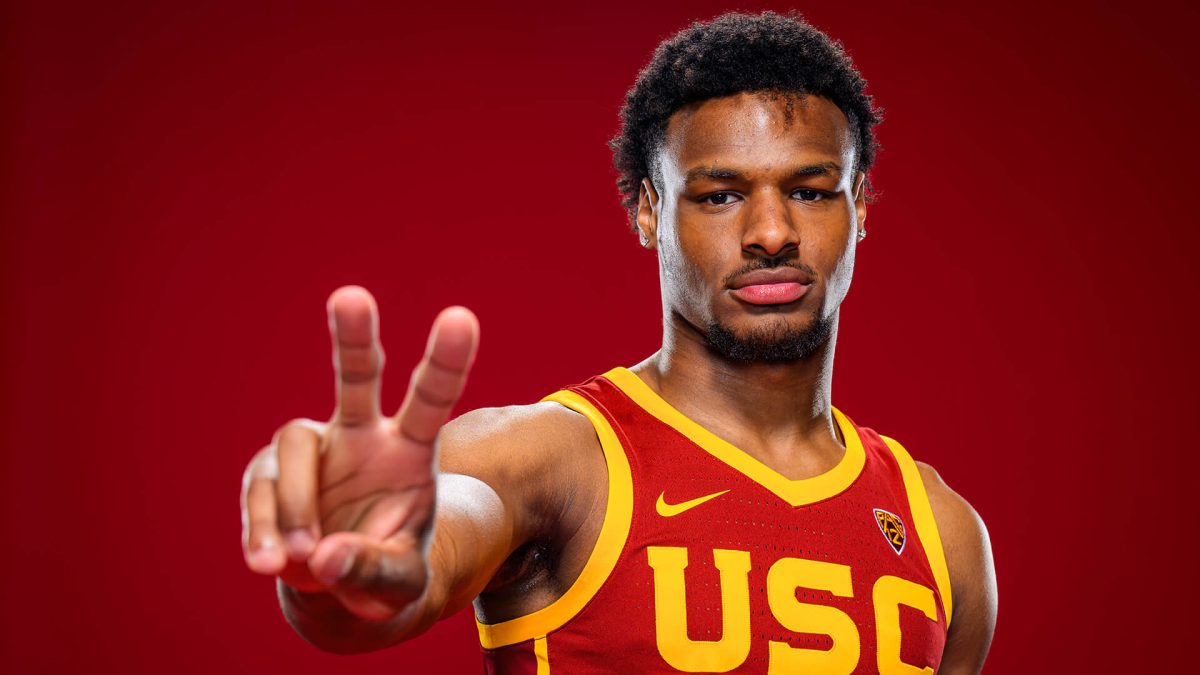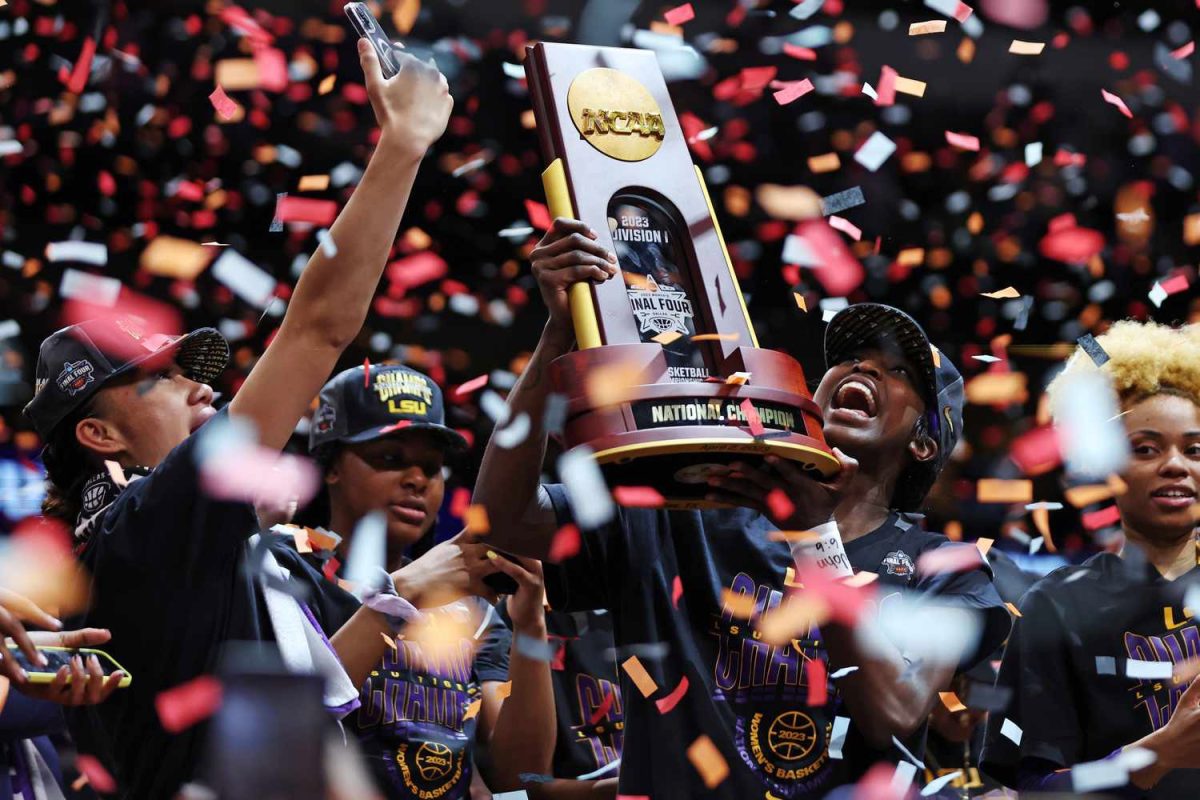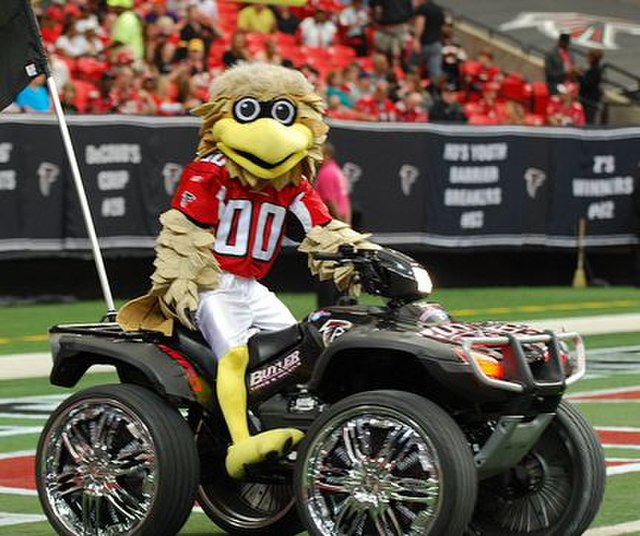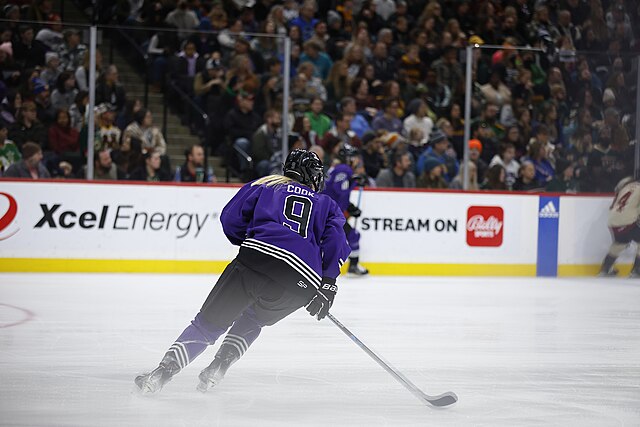School athletic departments across the United States are adapting to new digital applications, many putting large percentages of their budgets toward media. Media improves the school’s image, increases exposure for student-athletes, and provides a better overall student environment. Midtown should be focusing more on increased diversification of student media in order to adapt to the digital era.
Although Midtown has multiple media sources such as The Southerner newspaper and the yearbook, the lack of student accessibility outside of those two hinders its potential. Students are now unable to take pictures of school sports events without admin-provided press passes, which are typically only given to student organizations, limiting their ability for students to create sports media content for school events. In fact, in a study from Carlton Education, it was found that allowing increased student media can improve school image, providing a way for students to express themselves creatively. In fact, 70% of students who use media in their high school experience are better prepared for real-world working environments. Embracing new ideas of what school media can be is necessary for schools in the ever-growing digital landscape.
Other schools have already acknowledged this gap in education. Many Gwinnett County schools introduced a media program this school year. Providing a pathway for students to learn extensively about sports graphic design, video and picture editing, and digital photography could provide them with future skills that could further them in later careers, whilst also utilizing a way for Midtown to gain free sports media.
The field of digital media is projected to grow by over 100 million USD within the next five years, proving itself as one of the larger growing industries in the coming decades. In preparation for this, Midtown, similar to other school districts across the United States, should be investing in improving student media literacy.
The diversification of school media can also bring further exposure to student-athletes. With name, image, and likeness deals making their way to high school and recruitment more digitally based than ever before, students’ presence on social media is crucial to their exposure to collegiate programs. Many colleges rely on digital film, social media image, and school reputation when evaluating recruits. Through providing opportunities for students to create media, an increase in photos, videos, and mixtapes produced by students can provide further exposure to athletes, helping them succeed at the next level.
In a study done by Western Michigan, it was found that when evaluating talent, 62% of recruiters take both student and school social media images into account when evaluating talent. By providing ways to express student digital talents, schools can help their athletes at the next level.
By providing their students an opportunity to learn about one of the fastest-growing national industries, schools will be helping their students become literate in what could be a crucial field in the upcoming decades. Midtown and other Atlanta Public Schools should be investing in the digital media field to increase athlete exposure and improve overall school image.

